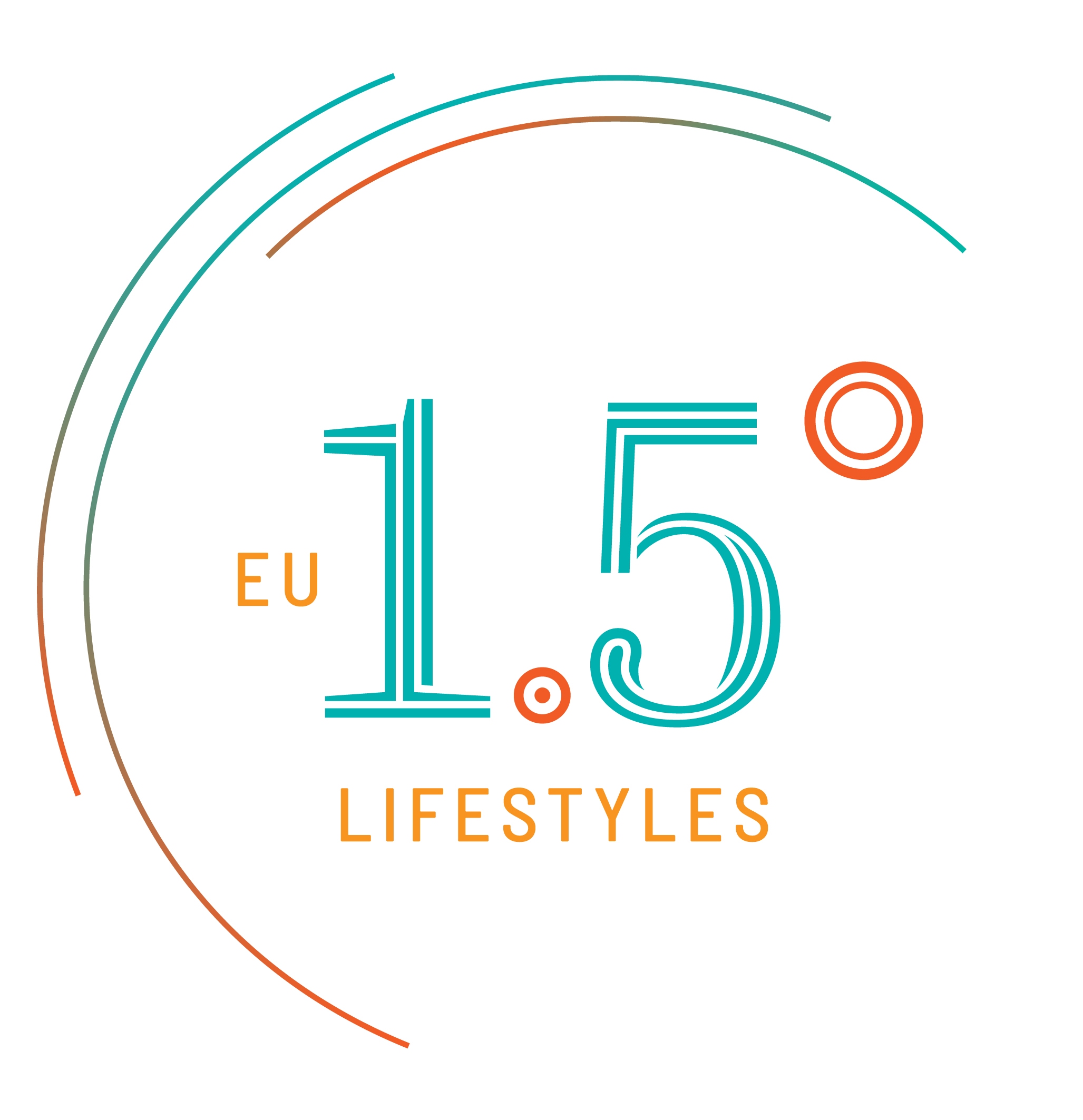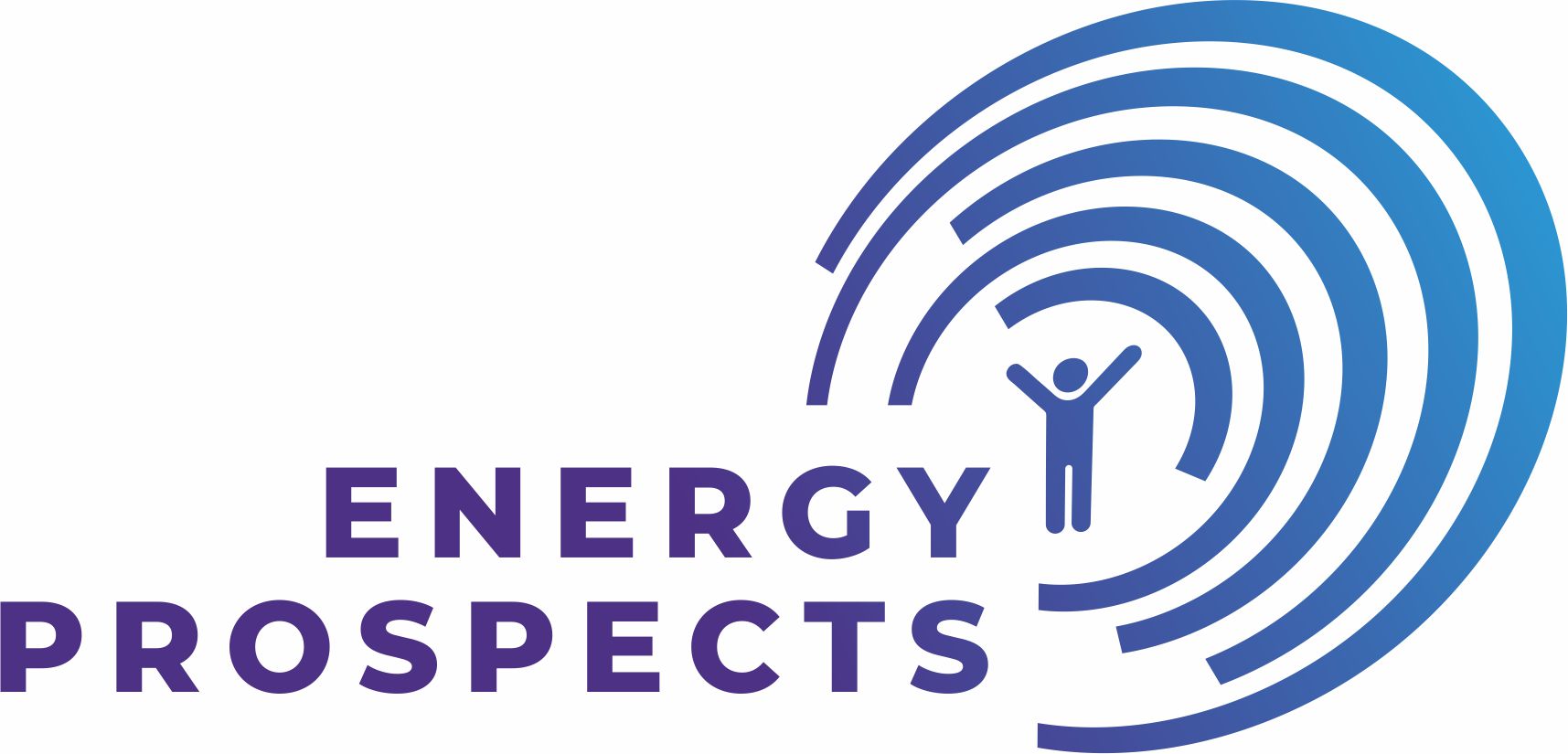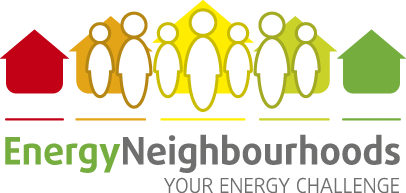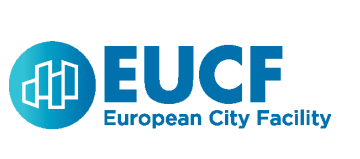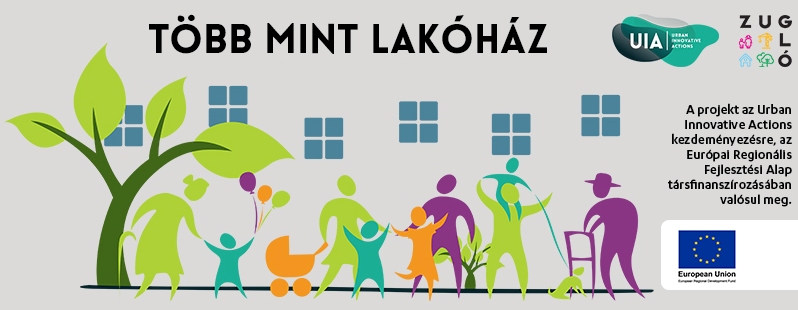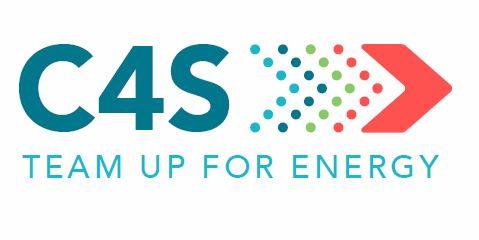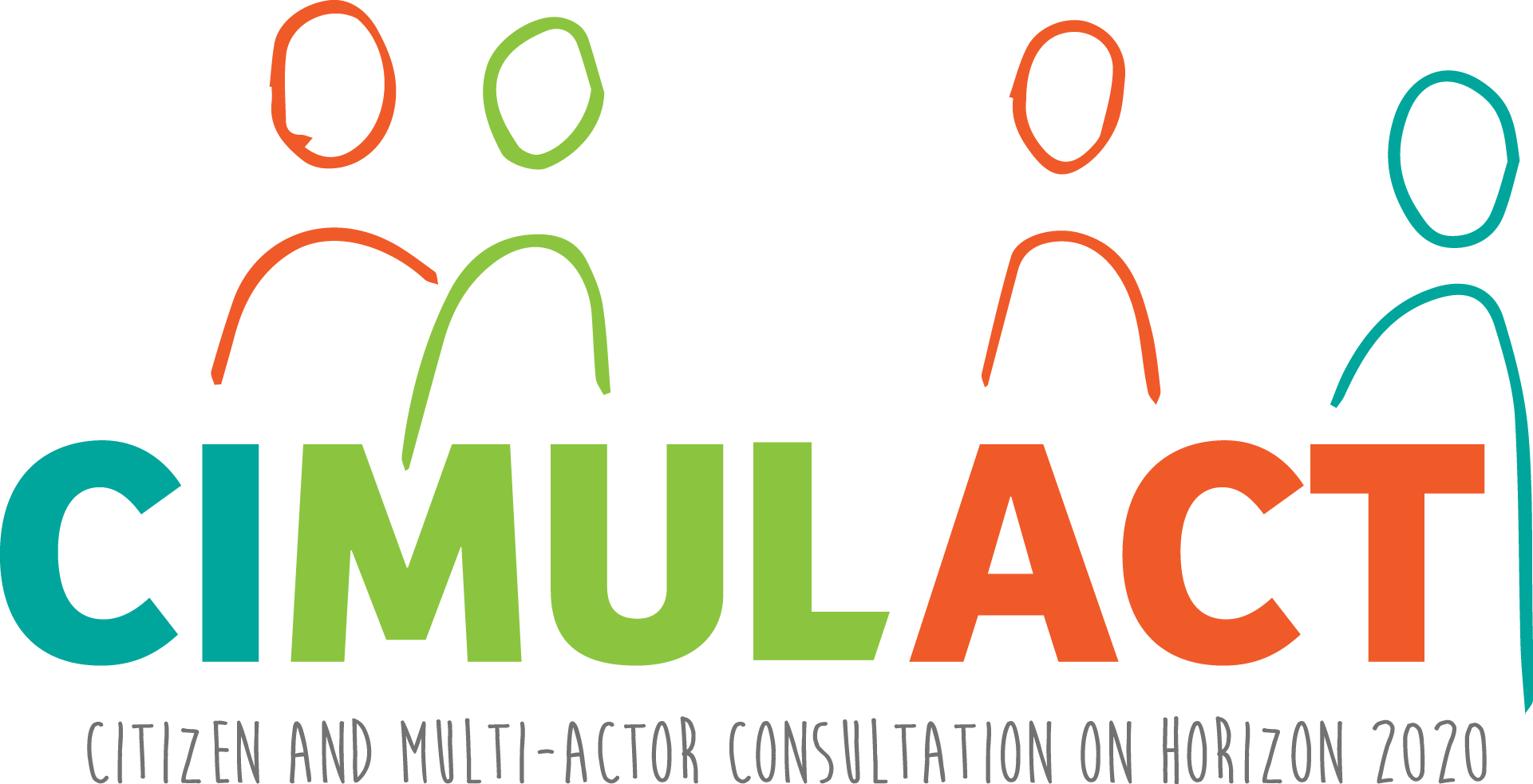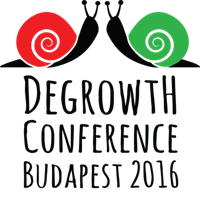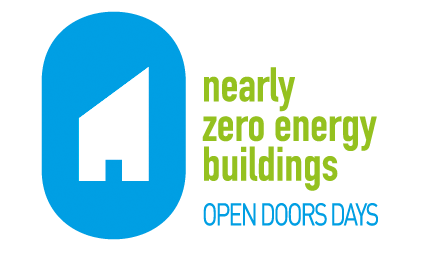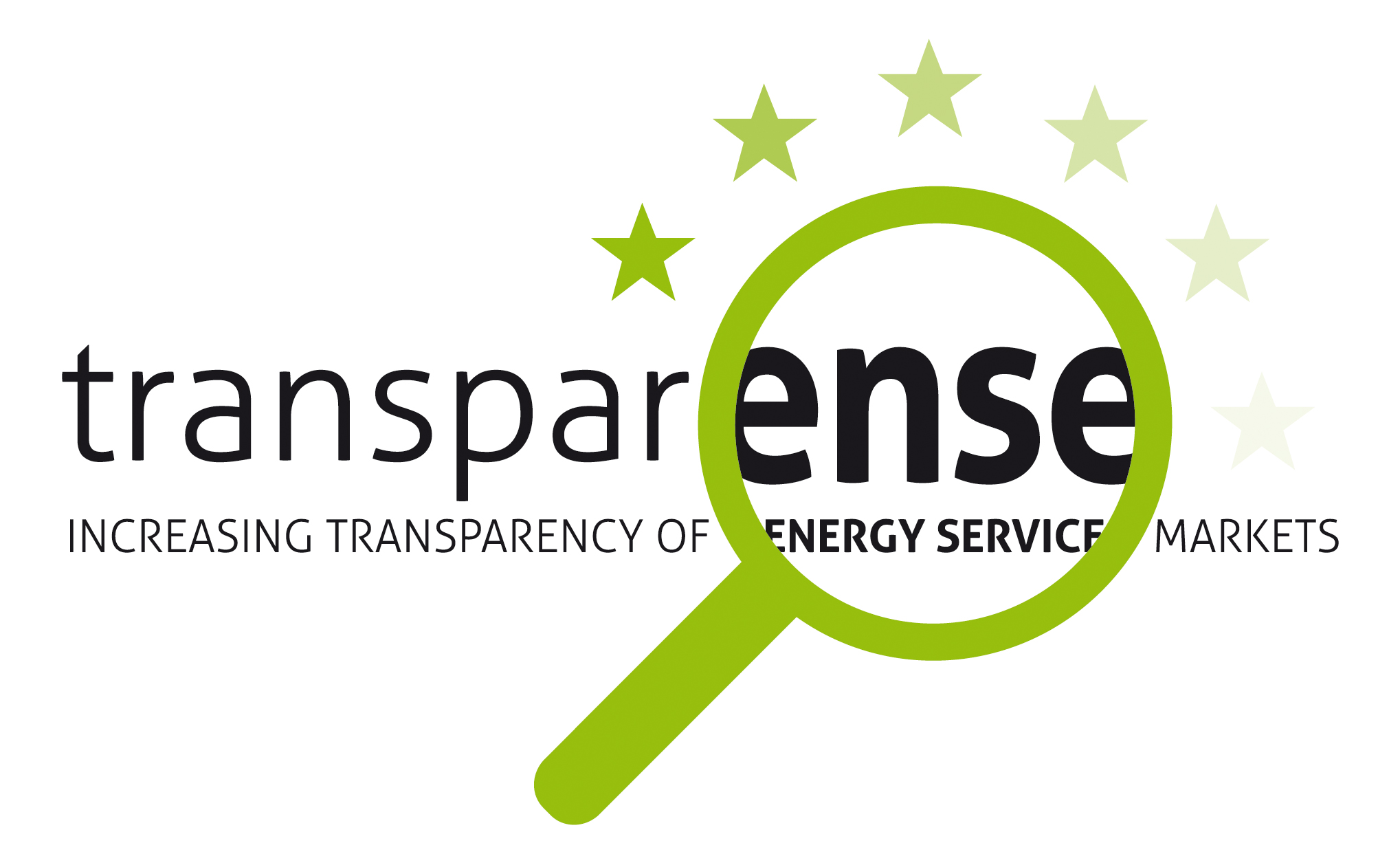Nine research organisations from across Europe launch project Energy PROSPECTS // Researchers from nine European countries will explore energy citizenship across Europe
Wednesday 12th May, 2021: Today researchers from nine European countries – Ireland, Belgium, Latvia, Hungary, Germany, The Netherlands, France, Spain and Bulgaria start a three-year project EnergyPROSPECTS to explore the various and challenging aspects of energy citizenship across Europe. The partners will work with citizens communities, businesses and decision-makers to explore ways of involving citizens in the clean-energy transition. The project consortium has received competitive European research funding in the Horizon 2020 programme. The research team from GreenDependent Institute is proud to be a part of the project EnergyPROSPECTS and as such contribute to the transition to clean-energy.
The international EnergyPROSPECTS team at the online kick-off meeting (EP ©)
The transition towards clean-energy is ongoing, but urgent challenges remain regarding the pace of its development, its direction in terms of social, economic, and, especially, environmental aspects of sustainable development, its interlinkage with other societal developments and its side-effects. This situation of an ‘under way’ transition is no longer an exclusive matter for social and technological innovation ‘front runners’ (e.g. prosumers, energy cooperatives), but rather a developing new reality that everybody will have to deal with, thereby generating new challenges of behavioural, practice and institutional change.
Energy citizenship is a model of active and involved consumer that is not just a consumer, but also a shaper of energy use. EnergyPROSPECTS aims to explore the various ways in which energy citizenship affects the clean-energy transition process across Europe. In analyzing different forms of energy citizenship (e.g. through energy communities, Virtual Power Plants and ICT enabled smart systems, energy poverty initiatives, sustainable consumption and sufficiency projects, energy justice movements, prosumer initiatives, renewable energy cooperatives, etc.) EnergyPROSPECTS will reach beyond the technological and natural-scientific challenges that are at the heart of the clean-energy transition process. The project will examine the potential contribution of different forms of energy citizenship to furthering the goals of the Energy Union and the Green Deal.
The EU aims to reach climate neutrality by 2050 and is committed to listening to citizens and giving them a more active role (e.g. EU Climate Pact, New Consumer Agenda, the Conference on the Future of Europe). Taking energy citizenship as a basic dimension of societal change, EnergyPROSPECTS will chart the multiple forms that it may take, the different ways in which it shapes the energy system, the different sites and organisational fields in which it comes to fruition, and the different actors, social relations and transactions that form the conditions for active energy citizenship. Identifying the enabling conditions for active energy citizenship, the project also will attend to the constraints and contextual factors that shape the broader range of energy citizenship, and the diversity that can be witnessed within the EU and its member states.
The social dimensions of the clean-energy transition tend to be less visible aspects of innovation when compared to technical-environmental aspects and often it can be hard to grasp how, if at all, energy citizenship contributes to decarbonization, as it corresponds to a range of new practices, institutions and transactions with unclear effects on energy production, transmission and consumption. As Prof Frances Fahy (NUI Galway) who leads the European research team explains “the social scientific insights that the EnergyPROSPECTS consortium offer will bring to light how the clean-energy transition rests on a much broader range of innovations and actors than is immediately evident and articulate how transformative impacts extend beyond the primary energy system objectives of secure, environmentally sustainable, competitive, and affordable energy for Europe's citizens”.
The three-year project will produce an interactive online database of over 500 diverse cases of energy citizenship, highlighting those characteristics that most effectively promote active energy citizenship and have the potential to contribute to the clean-energy transition. An important part of the research involves analysing the external and internal contextual conditions as they support or hinder energy citizenship in its various forms. The project will match suitable models and forms of organisation with different countries, regions and contexts. The research team will then conduct a citizen survey to appraise the validity of various scenarios and discuss and refine results in citizen workshops and policy forums. Overall the research will produce practical policy outputs which will be revised with policy actors in knowledge exchange workshops.
For more information in Hungary please contact
Edina Vadovics, edina@greendependent.org
This project has received funding from the European Union’s Horizon 2020 research and innovation programme under grant agreement No 101022492 for three years (2021-2024) with a total project budget of approx €3 million.
For Press contact Gwen O’Sullivan, Press and Information Executive, NUI Galway at gwen.osullivan@nuigalway.ie or 087 6601592.
Note to Editors: The full project name is ‘EnergyPROSPECTS: PROactive Strategies and Policies for Energy Citizenship Transformation’ (EnergyPROSPECTS)
The document is available HERE in pdf format.
